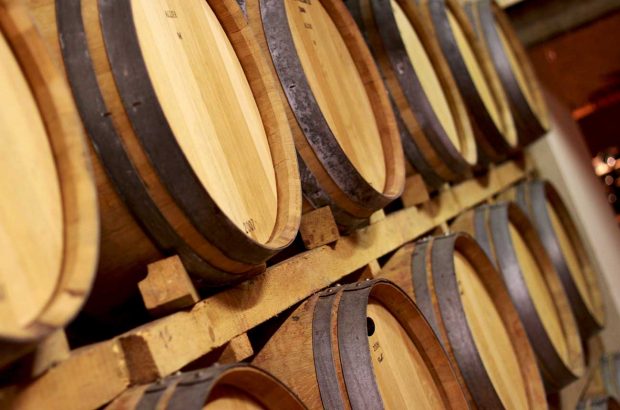A petition to have gluttony removed from the list of seven deadly sins has been drawn up by a group of French chefs, writers and celebrities – and they want Pope John Paul ll's approval.
Members of the Association for the Gourmand Issue will submit their petition to the pope later this month. It will be presented by the daughter of French master-baker Lionel Poilane, who until his death last year campaigned for the rehabilitation of gluttony (in France ‘la gourmandise’).
The petitioners are not, in truth, pleading for excessive eating and drinking to be stripped off sinful status. Rather, it is a question of linguistics. While ‘gourmandise’ once meant eating too much, earning it a place in the French version of the Catholic Church’s seven deadly sins, today it is more associated with good living. Another word, ‘gloutonnerie’, is a more precise translation of gluttony.
‘Lionel was right. It is not so much ‘la gourmandise’ as ‘la gloutonnerie’ that should be considered a sin,’ the renowned restaurateur Paul Bocuse is reported as saying.
His words are echoed by the Association’s president, Catherine Soulier. ‘La gloutonnerie’ has no social or convivial side to it whereas ‘la gourmandise’ is all about pleasure and sharing,’ she said.
Among the Association’s other members are chef Alain Ducasse, writers Laure Adler and Jean-Francois Revel, and the yachtsman Oliver de Kersauson. Helene Carrere d’Encausse, a member of the prestigious Academie Francaise, is also onboard.
In English, the word gourmand has already lost its gluttonous connotations. Nowadays it is mentioned in the same breath as gourmet, which comes from an old French name for wine-taster and signifies a lover of fine foods.
The seven deadly – or capital – sins were first identified by Pope Gregory I at the end of the sixth century for their supposed danger to man’s spiritual well-being. They are pride, envy, gluttony, lust, anger, greed and sloth.
Written by Liz Hughes, and agencies23 January 2003




